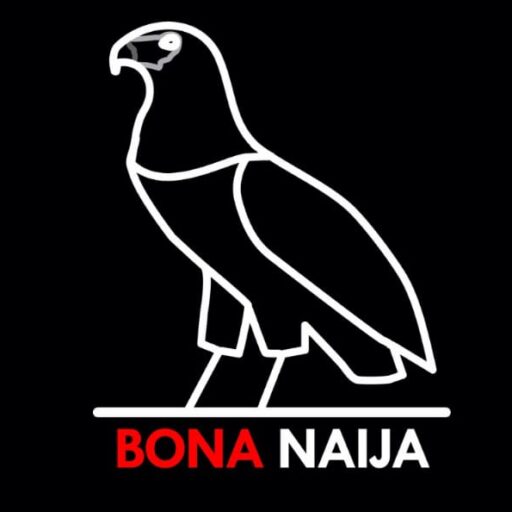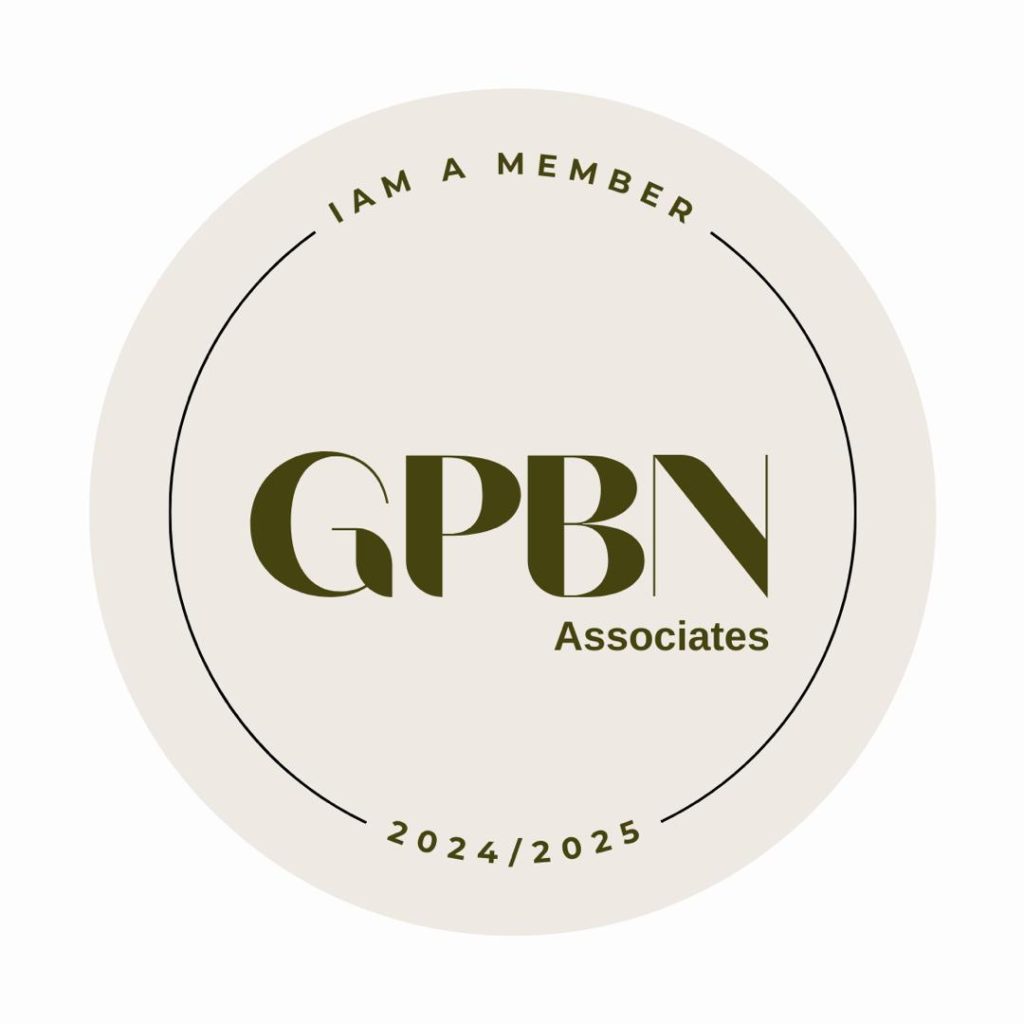

Business
Fresh move by CBN to float Naira sparks concerns in Nigeria’s forex market

The recent move by the Central Bank of Nigeria, CBN, to further float the Naira in the foreign exchange market has raised mixed concerns in the country’s economic sector.
According to experts familiar with the sector, the move is similar to what the CBN did eight months ago on June 14 last year, called Naira liberalization.
The apex bank told commercial banks that Naira should be priced and traded transparently, reiterating the “willing buyer and willing seller” policy.
The official forex did not receive the policies well initially, as the Naira nosedived to N1,500 per US dollar last Monday before easing to N1,419.86 on Monday this week.
We should all recalls that within the last week of January, the country’s apex bank introduced several policy interventions, including Financial Markets Price Transparency and FMDQ notice of FX Market Rate Pricing Methodology.
This saw the currency depreciate from N891.90 per US dollar to N1,409.86 on January 26.
The apex bank also issued Harmonization of Reporting Requirements on Foreign Currency Exposure of Banks, Removal of Allowable Limit of Exchange Rate Quoted by International Money Transfers Operators and Reviewed Guidelines of International Money Transfers in Nigeria in its effort to stabilize the Naira at FX market by boosting supply.
New men reports that the instance impact was the over 40 per cent upward review of the import exchange rate to N1,356.883 per US dollar from N951.842.
CBN governor, Olayemi Cardoso said during a recent interview with One of Television that the bank’s intervention aims to avoid the pitfalls of failed policies and ensure that the resources are used effectively and reach the right people.
Noticeably, the country’s currency has appreciated against the Dollar, though marginally, three times since Monday last week.
Also, DAILY POST reports that the supply of US dollars surged at the official foreign exchange market, rising to 180.59 per cent to $440.13 million last Friday as commercial banks rushed to avoid the Central Bank of Nigeria’s regulatory sanction.
Meanwhile, the Director, Centre for the Promotion of Private Enterprise, Muda Yusuf, called for the CBN and Nigeria Customs Service to reverse the import duty exchange rate, saying the move will further impoverish more Nigerians due to the country’s reliance on imported goods.
According to him, the country’s currency is undervalued, hence the need for the recent policy interventions by the apex bank to strengthen the Naira.
He noted that Nigerians have to bear the consequences of consuming goods and services mainly made in Nigeria.
“Let me start with something, right? Remember, I have said before that even the CBN governor has also echoed that the Naira is very undervalued.
“In other words, the value of the Naira is not its real sense, right? So, what is happening is that the Naira is gaining its true value.
Let me tell you this: if you have $1 with you, we are talking 1$ to the Naira; in the United States, you cannot get a cup of tea for 1$, right? But in Nigeria, with N1500, you have your lunch and eat well.
“The president listens to the International Monetary Bank and the World Bank. However, these organizations don’t do anything for the benefit of third-world countries.
“I agree with the CBN governor in his policies because he knows that the Naira is undervalued. Therefore, he has come up with issues that will probably help to firm up the Naira.
“In doing those things, the CBN will also bear in mind that the politicians also have their own issues; we must find a way not only to help in production but also make sure that the politicians will not get the necessary Naira to continue to chase the
“So these are some of the things I think we should be looking at, but I think for now, Nigerians should endure the pain, try to hold ourselves and avoid foreign goods and services.
“Once we can do that, we cannot all die simultaneously and will be able to survive. I don’t see why we cannot. The best thing is to punish ourselves, not to go for foreign goods but to depend on local materials.
“Go to your farms and produce in your backyard; I tell you, the Naira will come back because we’ve lost the companies that used to produce, the fertile times are gone, and most of the productive capacities are gone. So, the best thing now is for us to depend on agriculture where we were before we discovered oil.
That’s why I’m even saying that Nigerians should punish themselves by rejecting foreign goods because there are certain foreign goods we can do without, whereas we depend on local production. That is the only solution I can think of for now,” he said.
On his part, The CEO of SD & D Capital Management, Mr Idakolo Gbolade said the recent measures by the CBN were aimed at devaluing the Naira against foreign currencies.
Gbolade, however, urged that the CBN must not be reactionary but critically examine their policies so far with a view of correcting areas that need adjustment.
He said proper implementation is key if the CBN must achieve results.
He told News Men that, “The measures taken so far by the CBN are aimed at devaluing the Naira and allowing it to stabilize at a point.
The other policy interventions regarding removing banks’ continuous hold on long-term forex in USD and directives on handling IMTO transactions will free a lot of US dollars from the banks and release them to the market.
“The banks have profited from the exchange rate fluctuations by keeping a long-term hold on their US dollar position.
“I would like the CBN not to be reactionary but critically examine the impact of their policies so far with a view of correcting areas that need adjustment.
“The continuous devaluation of the Naira is a result of demand far outweighing supply due to scarcity. The CBN should evolve other ingenious measures to reduce the demand pressure.”
Also speaking to REPORTER: Prof Godwin Oyedokun, a don at the Lead City University in Ibadan, frowned at the back-front of policy interventions with required short and long-term benefits.
He identified failing oil prices, overdependence on imports, and decline in foreign investment and reserves as major setbacks to the country’s currency, the Naira.
Meanwhile, Oyedokun said: the country must take economic diversity seriously, woo foreign direct investors, and promote export-oriented industries.
“The problem of foreign exchange in Nigeria refers to the scarcity or difficulty in obtaining foreign currency, primarily the US dollar, which is necessary for international trade, investment, and transactions. Some of the main issues contributing to this problems.
Business
Aliko Dangote Urges Nigerians to Sell Dollars as Naira Strengthens on Refinery Boost
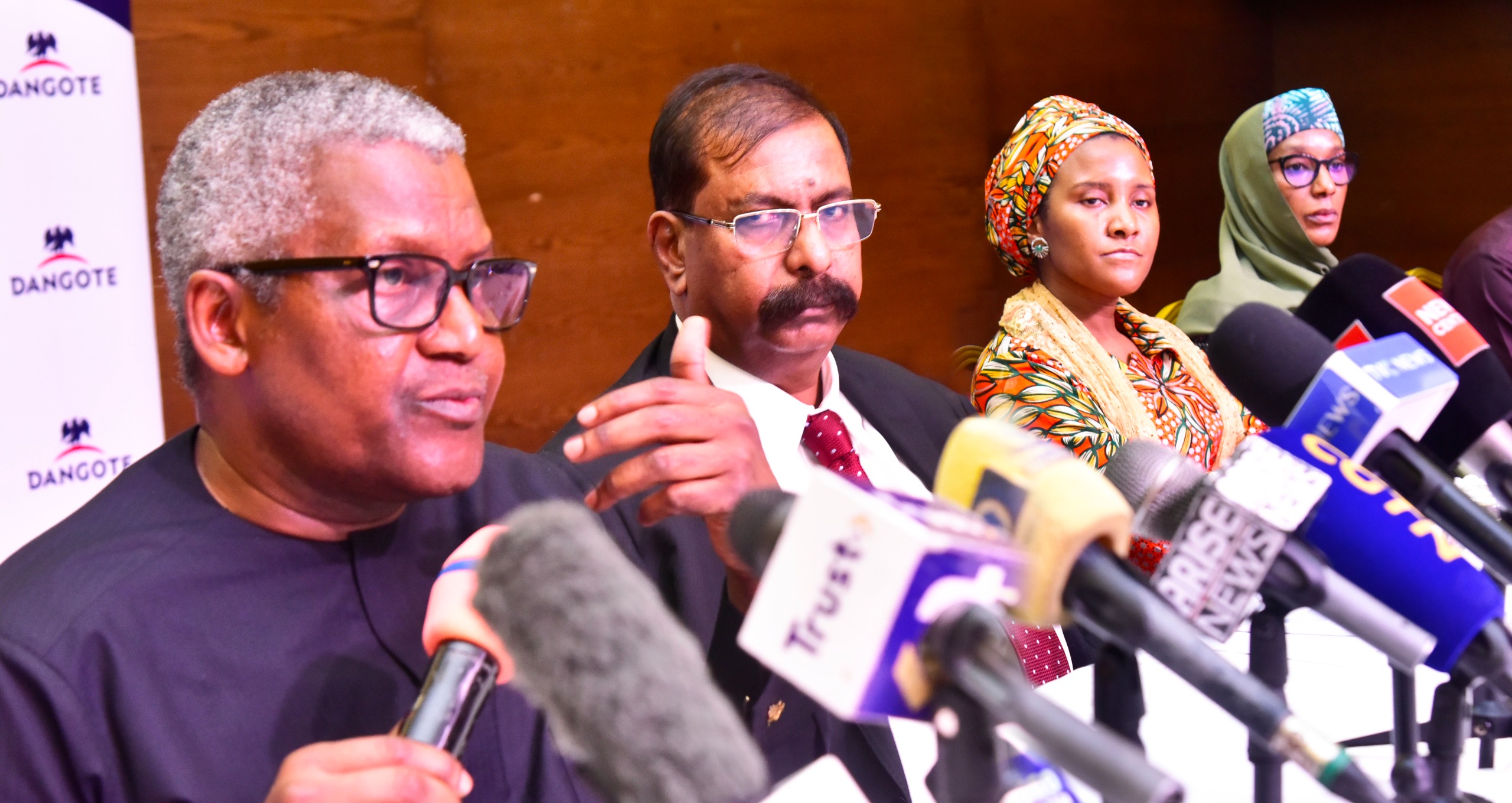
Africa’s richest man, Aliko Dangote, has advised Nigerians to sell their U.S. dollars, predicting that the naira will appreciate significantly within the next one to two months.
Dangote attributed his optimism to the operations of his 650,000-barrel-per-day refinery, which he said is cutting fuel import costs and strengthening Nigeria’s foreign reserves. The country’s reserves have reportedly climbed to $35 billion as of late October 2025, with the naira stabilizing around ₦1,459 to the dollar.
He also highlighted the federal government’s commitment to supporting refinery expansion to 1.4 million barrels per day under President Bola Tinubu’s administration a move aimed at boosting energy security, reducing forex pressure, and enhancing long-term economic stability.
Follow BONA NAIJA for more
Business
Unity Bank Corpreneurship Challenge Empowers 578 Young Entrepreneurs, Awards ₦16 Million to 30 New Winners

No fewer than 578 young entrepreneurs across Nigeria have benefitted from Unity Bank’s Corpreneurship Challenge the Bank’s flagship entrepreneurial development initiative launched a few years ago.
Over this period, the Bank has invested in supporting budding entrepreneurs across multiple sectors to start businesses, create jobs, and contribute to Nigeria’s economic growth.
The ongoing initiative recently produced 30 new winners, who received a total grant of ₦16 million during the Batch B, Stream II edition of the National Youth Service Corps (NYSC) orientation course, held across 10 states of the federation.
The winners, innovative young entrepreneurs developing solutions across various value chains such as fashion design, bag making, pastry and beverage production, event management, and vegetable farming, emerged after pitching their business ideas during the challenge at NYSC Orientation Camps in Lagos, Delta, Kaduna, Jigawa, Kwara, Benue, Abia, Kogi, Rivers, and Plateau States.
At the NYSC Orientation Camp in Ipaja, Lagos State, Fiyinfoluwa Titilayo Ojo, who pitched a soap-making enterprise, emerged the overall winner to clinch the ₦800,000 grand prize. Ndukwe Chiamaka Joan, with her innovative Small Chops business proposal, claimed ₦500,000 as first runner-up, while Barakat Modinat Olamide secured ₦300,000 to support her beverage-making venture.

Expressing her excitement after emerging as the overall winner in Lagos, Fiyinfoluwa Titilayo Ojo described the experience as life-changing, stating, “I’m truly grateful to Unity Bank for this opportunity. Winning the Corpreneurship Challenge has given me the push and confidence I needed to scale my soap-making business. Beyond the grant, the experience taught me how to structure my business better and believe in its potential. It’s amazing to see a bank that genuinely invests in young people’s dreams.”
Across the remaining nine states, 27 other winners also emerged after pitching diverse business ideas ranging from fish and poultry farming to printing, piggery, and cake production.
Over the past six years, the Unity Bank Corpreneurship Challenge has become an integral part of the NYSC programme, aligning with the Federal Government’s drive to upskill young graduates and promote entrepreneurship amid the scarcity of white-collar jobs. Each edition attracts thousands of entries from corps members whose business plans are evaluated for originality, marketability, job creation potential, and overall business acumen.
Speaking during the grand finale in Lagos, Unity Bank’s Divisional Head, Retail & SME, Mrs. Adenike Abimbola, reaffirmed the Bank’s commitment to empowering Nigerian youth through enterprise. She said:
“At Unity Bank, we believe that the energy and creativity of young Nigerians are vital to the nation’s economic transformation. The Corpreneurship Challenge is our way of nurturing this potential — by giving corps members the financial boost, mentorship, and confidence to turn their ideas into thriving businesses. Seeing over 578 young entrepreneurs already impacted motivates us to keep expanding the initiative and deepening our support for the SME ecosystem.”
The Corpreneurship Challenge has earned Unity Bank national recognition for its role in youth empowerment and job creation, attracting over 2,000 applicants per edition.
In partnership with the NYSC Skill Acquisition and Entrepreneurship Development (SAED) programme, the initiative continues to serve as a launchpad for youth-owned enterprises, offering grants of up to ₦800,000 to help corps members turn their business dreams into reality.
Follow BONA NAIJA for more
Business
NIRSAL Facilitates ₦70 Billion in Agribusiness Financing, Boosts Agricultural Lending in 2025

The Nigeria Incentive-Based Risk Sharing System for Agricultural Lending (NIRSAL Plc) has announced a remarkable rebound in its operations, which has resulted in the facilitation of over ₦70 billion in commercial financing for agribusiness as at Q3 2025, its strongest annual performance since inception.
In operation since 2013, this result represents nearly a quarter of the organisation’s cumulative ₦270 billion facilitated for agriculture and agribusiness to date, an achievement that underscores the impact of NIRSAL’s revamped strategy under its new Board and Executive Management.
The timing of this turnaround is critical: Bank lending to agriculture had been in steady decline, falling from 6.18% of aggregate lending in 2022 to 4.82% in 2024, while sectoral growth slowed from 2.5% to 1.7% within the same period. By applying its signature tools for value chain modelling to address identified issues, providing technical support to agribusinesses and financial institutions, all while deploying its risk-sharing frameworks, NIRSAL has restored lender confidence thus channelling fresh funds into key value chains, including grains, cocoa, shea, and livestock.
In terms of impact, there has been an improvement in local production across key commodities and a positive balance of trade for agriculture, with over 32% of the facilitated sum directly supporting value-added commodity export. Most notably, agriculture’s share of bank lending has risen again to 5.33% as of May 2025, reflecting renewed interest from financiers. Two newly licensed banks have also entered the sector relying on NIRSAL’s frameworks, contributing to the ₦70 billion facilitated so far this year.
Commenting on the milestone, NIRSAL’s Managing Director/CEO, Sa’ad Hamidu, said: “₦70 billion may appear modest compared to the size of Nigeria’s agricultural financing needs, but the significance is profound. It proves that agriculture can be commercially and sustainably financed. With the right blend of capital, technical support, and risk mitigation, the sector can become more productive, resilient, and globally competitive.”
Hamidu added that NIRSAL remains confident of hitting its ₦150 billion target for 2025: “This is not yet the peak of the harvest season when merchants typically seek credit for offtake and storage, and when super agro-dealers stock up on fertilisers and inputs ahead of the next planting cycle. Therefore, the opportunities still to come give us every reason for optimism.”
Beyond headline figures, NIRSAL is working to reshape the lending landscape for agriculture. Its integrated model, spanning prospect identification, deal structuring, business advisory, and credit guarantees, handholds agribusinesses from loan origination to disbursement. Also, by providing tailored advisory and risk mitigation, the institution helps businesses once deemed unbankable to gain access to sustainable credit.
Through this approach NIRSAL aid the creation of a pipeline of emerging agribusinesses while supporting established firms to scale. Meanwhile, several borrowers who once engaged NIRSAL have since graduated into routine lending relationships with their bankers whose understanding of the dynamics of agribusiness has grown, leading to greater comfort in lending. This proves that the NIRSAL model is a pathway to long-term sustainability in the agriculture sector.
The ₦70 billion facilitated so far this year is a direct outcome of NIRSAL’s sustained capacity-building efforts for financial institutions. Through targeted training sessions for over 1,100 staff of banks, NIRSAL has deepened understanding of agricultural financing within its risk-sharing framework leading to an increase in loan request approvals. Similar training programs for agricultural value chain actors, including 450 participants trained on feedlot management, commodity export, and climate finance so far, will become increasingly evident over time, as capacity and confidence grow across these sub-sectors.
As part of its forward agenda, NIRSAL is developing a digital network it calls the NIRSAL LandBank portal—a connected ecosystem of agricultural stakeholders, from research and development to markets, to provide data-driven insights for investors, policy makers, and development partners for the identification of opportunities, risk reduction, and informed decision-making.
The LandBank portal would become an additional channel for project development, with climate finance another potential source of funding. NIRSAL continues to deepen its interest in and collaboration around climate finance, recently signing an understanding with the Rural Electrification Agency to provide off-grid power to production and processing clusters in rural locations. These efforts, the institution believes, will build resilience into the agricultural value chain and aid Nigeria’s push toward a $1 trillion economy.
Since its establishment, NIRSAL has remained faithful to its mandate of de-risking agricultural lending, facilitating finance across the value chain, and proving that agriculture is both bankable and sustainable. Its 2025 performance to date signals not just recovery, but a new era of confidence for Nigeria’s farmers, financiers, and the wider economy.
Follow BONA NAIJA for more
Business
Lagride Expands App Options, Prepares to Launch Omni Mini Bus for Families and Groups in Lagos

Lagride, the government backed e-taxi platform for Lagos, has expanded rider choice inside the app and confirmed preparations for the release of Lagride Omni, a mini bus category designed for families, groups and everyday commuters. The announcement reinforces Lagride’s vision of providing Nigeria’s most comprehensive mobility platform with options that serve every need, every budget and every Lagosian.
Expanded Choices Inside the App
Riders opening the Lagride app today will see three clear choices available:
Lagride EVs – Eco-friendly electric vehicles that deliver cleaner, quieter and cost-efficient trips. They represent Lagos’ future of sustainable transport.
Lagride Pro – Brand-new cars operated by professionally trained Captains who have undergone world-class service, safety and hospitality training at the Lagride Academy. Pro represents the premium benchmark for safety, comfort and excellence.
Lagride Legacy – Verified, owner-driven cars from 2022 and above that continue to provide affordable, reliable everyday rides for Lagosians who want trusted value.
This multi-category approach means riders can match the right car to the right moment: an EV for eco-conscious travel, Pro for a business meeting or special outing, and Legacy for everyday mobility.
Omni is Next: More Space, More Value
The Lagride Omni mini bus will become the fourth option on the platform. Spacious enough to seat six passengers plus luggage, Omni is specifically designed for families, school runs, office commutes, weekend trips and social outings.
Omni addresses some of the biggest challenges of urban mobility in Lagos:
Party Ride – One car that fits all friends, creating a better atmosphere at a lower per-person cost than multiple vehicles.
Last-Mile Commute – 3–4 colleagues sharing a ride directly from the bus stop to the office, saving time and money while reducing congestion.
Safe School Runs – Parents booking fixed, daily trips for children with the reassurance of real-time app tracking and certified Captains.
By combining space, safety, affordability and dignity, Omni promises to be a game-changer for groups of three or more.
Supporting Lagosians During the Rains
With heavy rains and flooding disrupting city movement, Lagride is stepping forward to support Lagosians with a 40% discount promotion.
The offer runs from 24 September to 13 October 2025.
Eligible riders can check if they qualify by clicking on the Coupons section in the Lagride app.
This promotion is part of Lagride’s wider commitment to easing the burden of mobility during challenging times.

Voices from Lagride
Chief Diana Chen, Chairman, CIG Group and Lagride;
“Mobility is at the heart of Lagos life, and it is at the heart of society. When people move safely, affordably and with dignity, families flourish, businesses thrive, and communities feel stronger. Lagride is not just a transport platform, it is a social contract to move Lagos better.
By expanding choices in the app today, we are giving Lagosians more power to decide how they travel. With Omni launching soon, we are addressing group needs in ways no platform has done before. And by offering a 40% discount during the rains, we are showing empathy and responsibility at a time when the city needs it most.”
Jubril Arogundade, Acting MD, Lagride;
“Choice matters. Lagos is a city of different needs and different rhythms. That is why Lagride now offers EVs for cleaner trips, Pro for premium experiences, and Legacy for everyday mobility. Omni will soon join as the perfect option for families, colleagues and groups of friends.
Every step we take is designed to support the governor’s mobility agenda, to empower drivers with world-class training, and to make riders proud of the service they choose. This is how we are building Nigeria’s most comprehensive e-taxi platform.”
Training, Standards and Opportunities
Lagride is equally focused on empowering its Captains. All Pro and EV drivers undergo rigorous training at the Lagride Academy, delivered in partnership with the Nigerian Police, FRSC, LASTMA and other regulatory bodies. The Academy also includes hospitality training modules, ensuring drivers deliver service that meets international standards and transferable skills they can use anywhere in the world.
In addition, Lagride is actively recruiting 10,000 new drivers and partners under its Drive-to-Own and Drive-to-Earn schemes, giving Lagosians the opportunity to build sustainable livelihoods through the platform.
About Lagride
Lagride is Lagos State’s government backed e-taxi platform, designed to deliver safe, affordable and world-class mobility to the city’s residents. By combining trained drivers, a modern app, and rigorous safety standards, Lagride provides services that Lagosians can trust.
With EVs, Pro, Legacy and soon Omni, Lagride is building Nigeria’s most complete transport ecosystem.
Download the app: https://onelink.to/qryswh
Become a driver: https://forms.gle/LuTN51cNeKkpaMn88
Business
Unity Bank Shareholders Approve Merger with Providus Bank
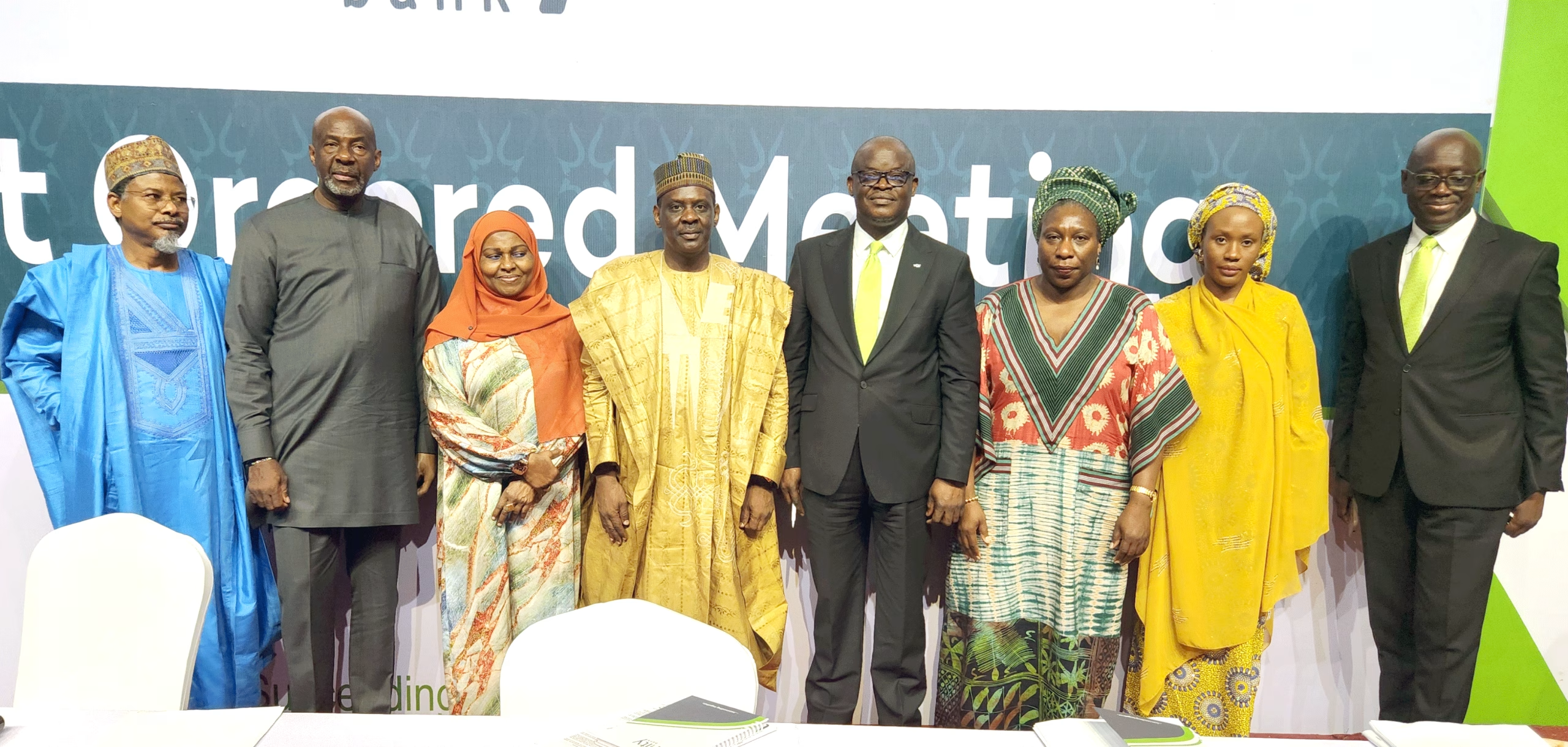
Shareholders of Unity Bank Plc have formally approved the proposed merger with Providus Bank Limited, marking a decisive step toward the creation of a stronger banking institution.
At the Court-Ordered Meeting held on September 26, 2025, in Abeokuta, Ogun State, 295 shareholders voted on the merger scheme. A resounding 99.32% of shareholders (₦4.4 billion in value) supported the deal, while only 0.68% voted against it.
Under the terms of the Scheme Consideration, Unity Bank shareholders will receive ₦3.18 per share or be allotted 18 Providus Bank shares (₦0.50 each) for every 17 Unity Bank shares held. Once completed, Unity Bank’s entire share capital will be cancelled, and the institution dissolved without winding up, leaving Providus Bank as the surviving entity.
The enlarged entity will operate under the new name Providus-Unity Bank (PUB), a brand identity crafted to reflect Unity’s strong northern market base.
Commenting on the approval, Hafiz Mohammed Bashir, Chairman of Unity Bank Plc, described it as a “strong vote of confidence,” noting that the merger would deliver greater competitiveness, resilience, and long-term value to customers, shareholders, and the wider economy.
The meeting also noted that the Nigerian Exchange (NGX) had lifted the suspension on Unity Bank shares on September 25, 2025, with a significant crossing of 4.004 billion AMCON shares (34% of Unity Bank) to an existing shareholder, not Providus Bank.
With shareholder backing secured, Unity Bank’s Board and advisers are now tasked with obtaining final Court approval and completing regulatory processes. Analysts have praised the deal, projecting that the combined bank will emerge as a financial powerhouse, leveraging both traditional banking strength and digital innovation to expand market share.
Follow BONA NAIJA for more
-

 Entertainment3 weeks ago
Entertainment3 weeks agoBig Brother Naija Live Update: KOLA, SULTANA Evicted #BBNaija
-

 Business2 weeks ago
Business2 weeks agoUnity Bank Corpreneurship Challenge Empowers 578 Young Entrepreneurs, Awards ₦16 Million to 30 New Winners
-

 Entertainment3 weeks ago
Entertainment3 weeks agoImisi Crowned Winner of Big Brother Naija Season 10
-

 Music News3 weeks ago
Music News3 weeks agoOdumodublvck Set to Drop ‘Industry Machine’ The Album Featuring Davido, Wizkid, Skepta & Stormzy
-

 News3 weeks ago
News3 weeks agoFirst Lady, Oluremi Tinubu Celebrates World Teachers’ Day 2025
-

 News2 weeks ago
News2 weeks ago16 Nigerian Military Officers Arrested Over Alleged Coup Plot to Oust President Tinubu
-

 Entertainment3 weeks ago
Entertainment3 weeks agoBig Brother Naija Winners Ranked by Vote Share (2006 – 2025)
-

 Lagos State2 weeks ago
Lagos State2 weeks agoVIDEO: Lagos Govt demolishes Ola of Lagos showroom
-
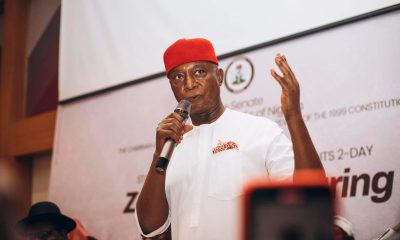
 Lifestyle1 week ago
Lifestyle1 week agoNed Nwoko Drops Bombshell, Says ‘Men Marrying Multiple Wives Are Helping Women’
-

 Music Video3 weeks ago
Music Video3 weeks agoRema Drops “Fun” Official Video Featuring Crayon, ThisizLondon & Valking


